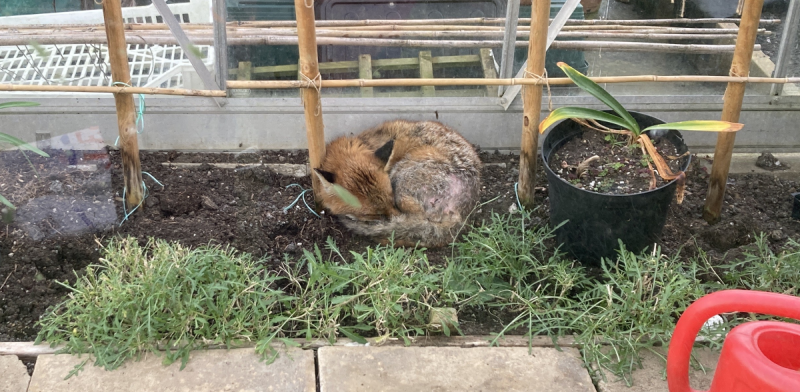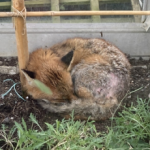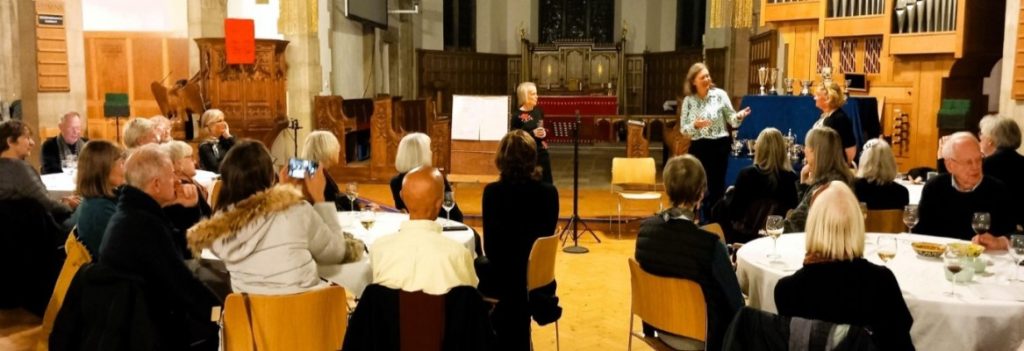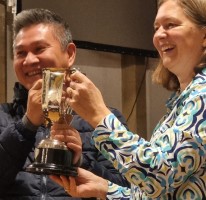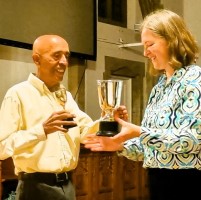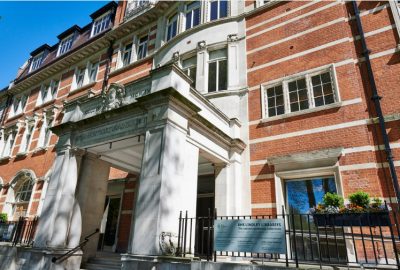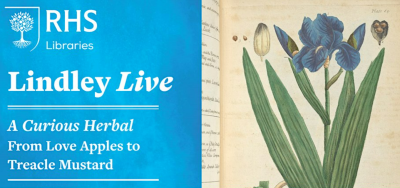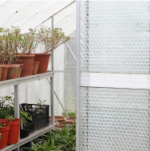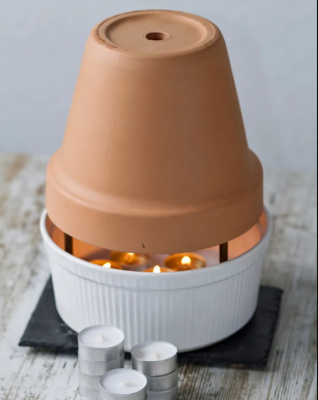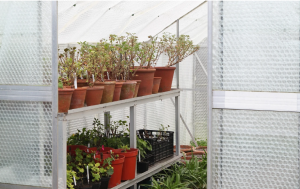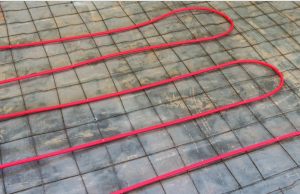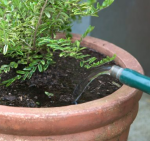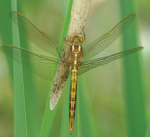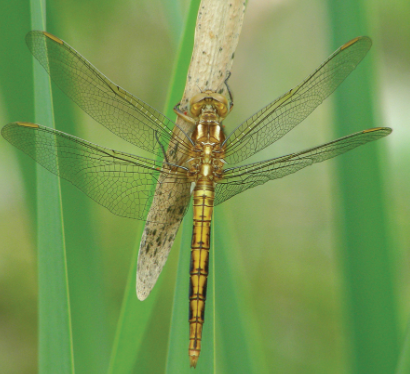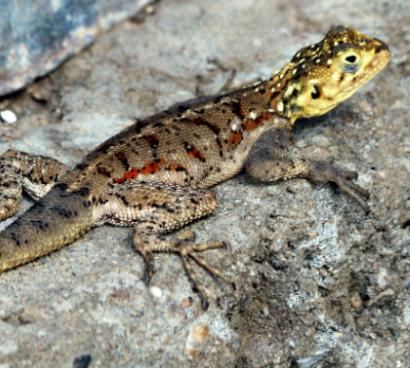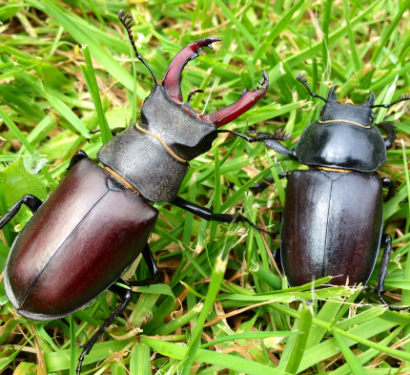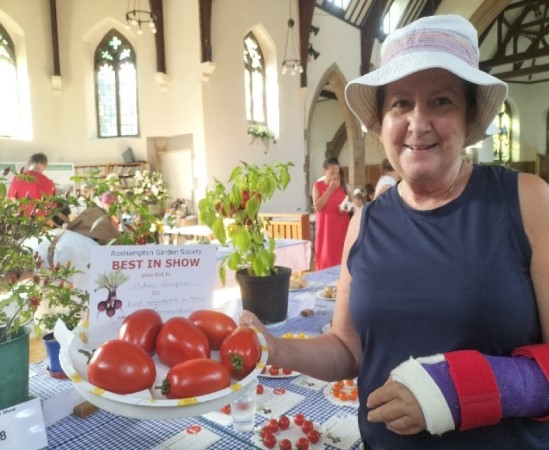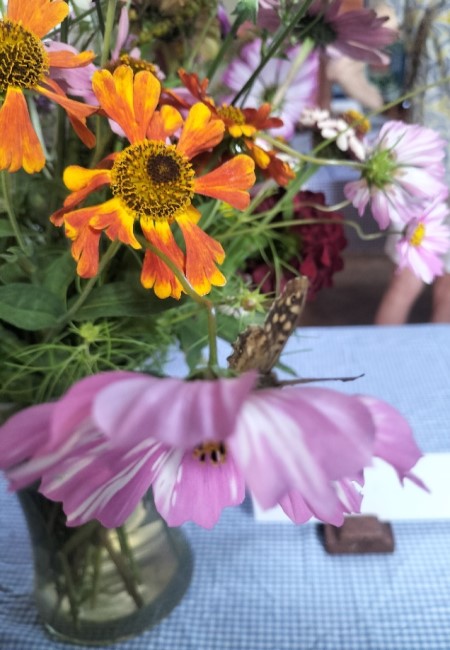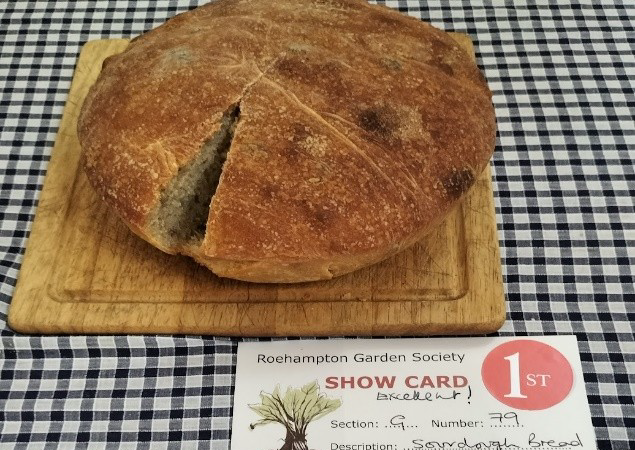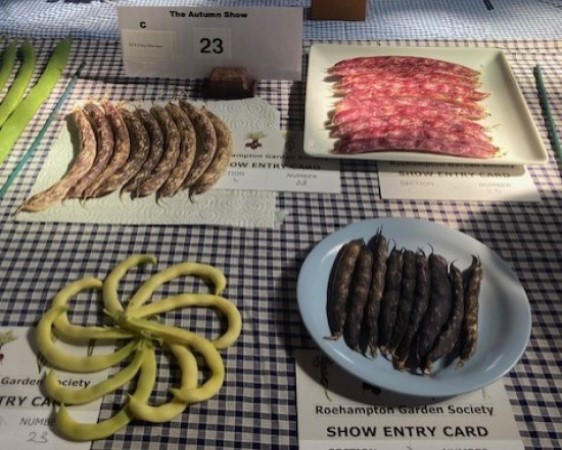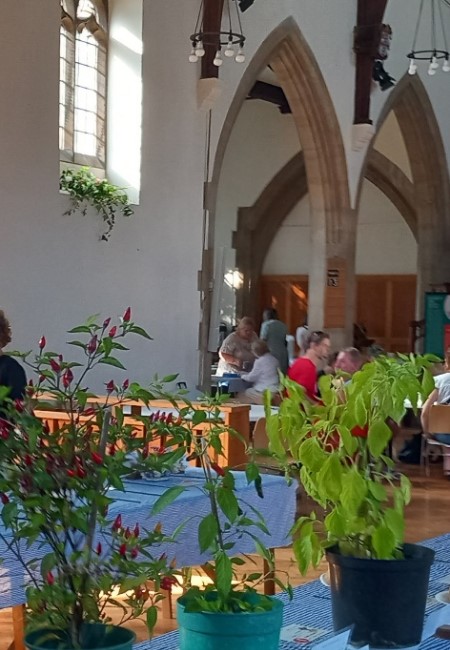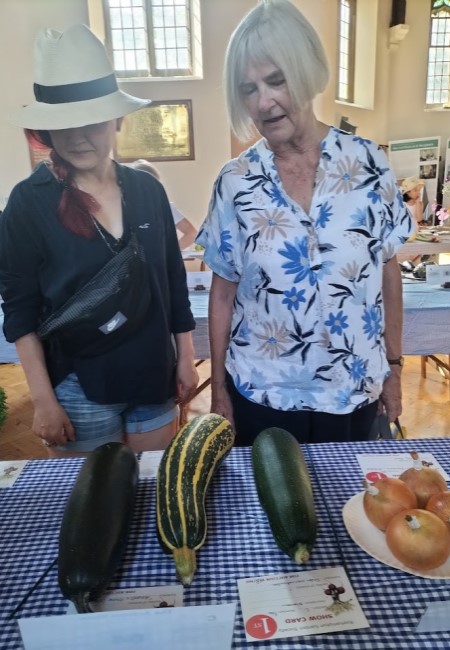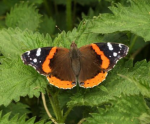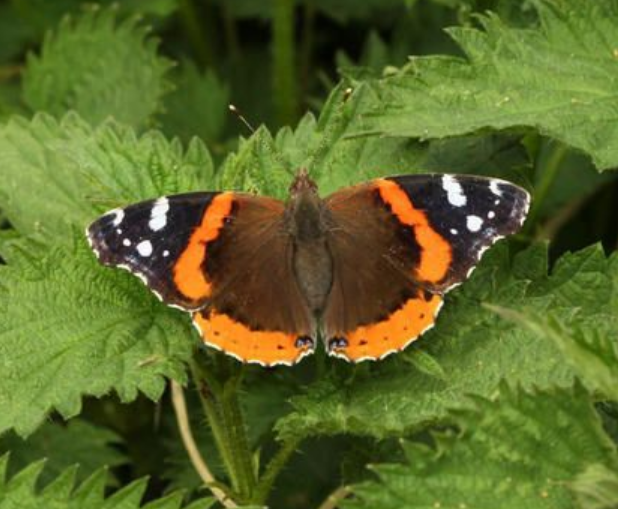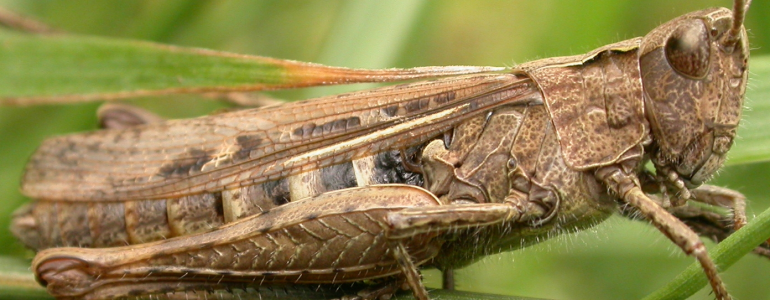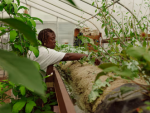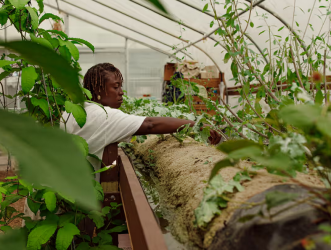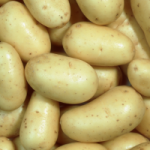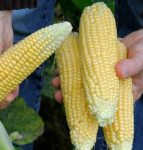A conversation in the Store one Sunday led to Jackie Savage contacting the RHS helpline about a problem with Charlotte Salad Potatoes this year…
Jackie says:
I have a plentiful harvest from the seed potatoes I planted in March but when I cook them I find that they are not the waxy, pale yellow salad potatoes that I love. I clean them and leave the skins on and then boil them for 8 to 10 minutes. The skins fall off but the potato is white and floury. I cannot use them to make potato salad as they do not hold their shape, but they are tasty as mash. I was not the only one to experience this so I wrote to the RHS helpline and received this answer:
This breaking down of the potato is known as sloughing. The exact cause is unclear. Potassium deficiency has been discussed and, as sulphate of potash is fairly cheap and widely available, adding this at 20 g per sq yard would seem be worth trying. It is reported that disintegration decreases with storage and it may be that the potatoes will be better after a few months of storage.
It is said that adding some bicarbonate of soda to the cooking water helps maintain the intercellular bonds and reduces sloughing. It would be interesting to know if microwaving, baking and steaming also led to disintegration.
RHS Helpline
Jackie would be really interested to hear if anyone else has had the same experience and if they have any suggestions or solutions. She says: “Perhaps I should give up on Charlottes and grow a different salad potato? Or add sulphate of potash at the time of planting? I am reluctant to add bicarbonate of soda to the cooking water.”
Have you had a similar experience this year – or have you any advice to offer? Please email your suggestions to rgs.sw15 @gmail.com
